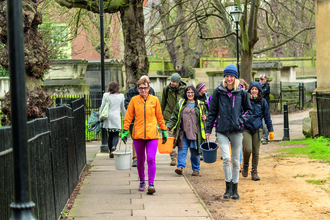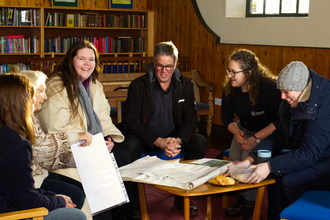Types of Community Group in England and Wales
Image copyright Graham Makepeace-Warne
Starting a group?
There are a few different options for how you operate as a community, from unincorporated group to community interest company (CIC). Some are simpler than others and which you choose depends on your plans.
Types of community group - Community Hub (https://www.youtube.com/watch?v=IZFwvwvZhDo)
Les from Lincolnshire explains the different types of community group.
An Unincorporated Association
If you’re just a small group of volunteers, with no plans to employ staff or rent premises, this is the one for you. It’s the easiest group to set up. All you need is to write a “constitution” or “governing document”. This is a list of rules for the group. It also says what your group’s going to do, and how it’s going to do it.
This kind of group:
- doesn’t have to be a charity (although you can set up a charity if you want to). You will need to get official advice if you want to be a charity.
- isn’t a separate legal structure. This means the group can’t take on a contract or own property - but individual members can do.
- has members who vote on what the group should do.
- the group can become a different type of group or a charity later.
See our separate document about Setting up a Community Group for information about unincorporated associations.
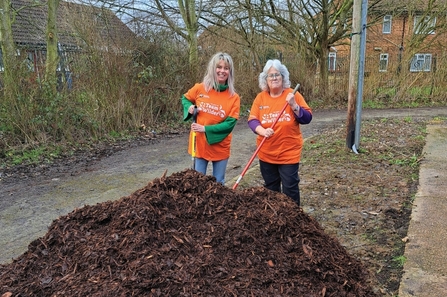

'Friends of' groups, like the The Friends of Alderman Kneeshaw Park, are typically run as unincorporated groups.
Image copyright Andy Steele/Yorkshire Wildlife Trust
Incorporated and Unincorporated
The difference between these two things is just whether your group has a separate “legal personality” of its own. An incorporated group can employ people, take on a contract or rent property. If there’s any debt, that debt belongs to the group not the people running the group. This means an incorporated group is more regulated than an unincorporated one. You’ll probably need help from accountants and solicitors.
Examples of incorporated groups:
- Community Interest Company (CIC)
- Company Limited by Guarantee
- Charitable Incorporated Organisation
- Community Benefit Society
- Cooperative Society
On the other hand, an unincorporated group is just a group of individuals. If someone gets into debt on behalf of the group, then that person is liable for that debt. As most community groups are very small and don’t handle a lot of money, the risk is actually low.
Examples of unincorporated groups:
- Unincorporated Association
- Charitable Trust
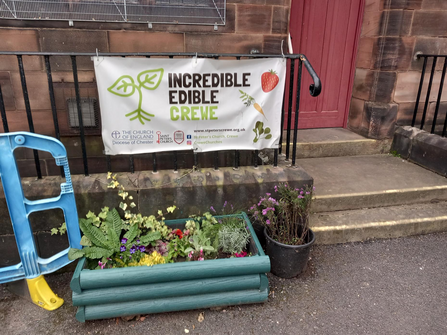

Incredible Edible is a CIC, a type of incorproated group. Image copyright Andy Stubbs / Cheshire Wildlife Trust 2024
Are You Charitable?
A charity is defined in law in England and Wales as a group which has only charitable purposes. It’s regulated by the High Court. You’ve got to prove you exist for the public benefit. If your income is more than £5,000 a year or you’re a Charitable Incorporated Organisation, you must register with the Charity Commission. Look at the official guidance on the Government website here.
Watch out! A “charity” is not a legal sort of group on its own. In fact, most charities are one of these:
- Unincorporated Association
- Charitable Trust
- Charitable Incorporated Organisation
- Company Limited by Guarantee
- Charitable Community Benefit Society
These groups can’t be charities:
- Community Interest Company (CIC)
- Cooperative Society
Use the simple “Route Map” at the Resource Centre to find out what your group’s legal structure should be.
If this guide was too complicated, you can read it in a different way at this website called Choosing the Right Structure
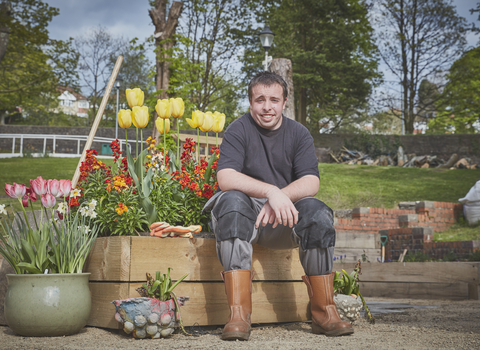
The Wildlife Trusts
Have you been part of a community nature project?
We'd love to hear from you! Your experiences will be shared right here on the Community Hub and will inspire others to take action in their own neighbourhoods.
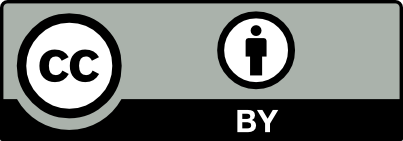

CC by 4.0 attribution
Except where noted and excluding images, company and organisation logos, this work is shared under a Creative Commons Attribution 4.0 (CC BY 4.0) Licence.
Please attribute as: “Nextdoor Nature (2022-2024) by The Wildlife Trusts funded by The National Lottery Heritage Fund, licensed under CC BY 40”



